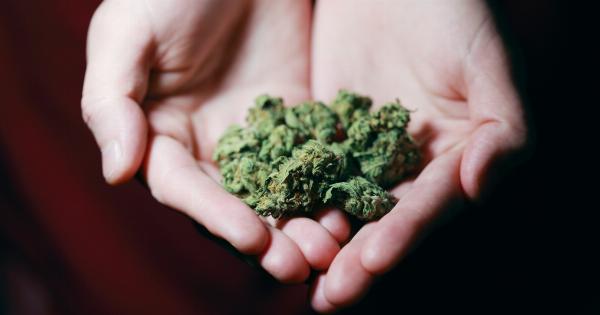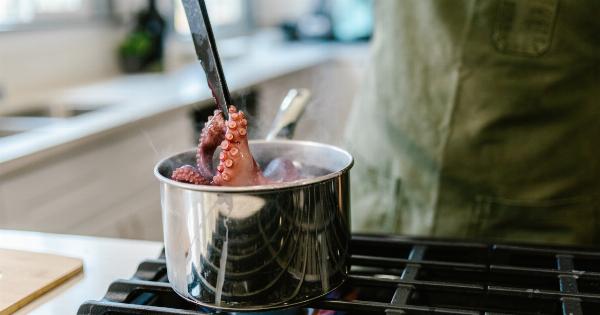Knuckle-cracking, the act of intentionally popping the joints of fingers or other joints of the body, is a common habit for many people. While some find it satisfying, others cringe at the sound.
For years, knuckle-cracking has been associated with various health risks, including arthritis, hand swelling, and decreased grip strength. However, scientific research has suggested that this may not be the case. In this article, we’ll explore the relationship between knuckle-cracking and arthritis and whether this popular myth has any truth to it.
What causes the popping sound?
The popping sound that accompanies knuckle-cracking is due to gas bubbles that form in the synovial fluid that surrounds the joints. When you stretch or pull your fingers, these gas bubbles burst, creating a cracking sound.
Contrary to popular belief, the sound is not due to bone rubbing against bone.
Does knuckle-cracking cause arthritis?
The relationship between knuckle-cracking and arthritis has been the subject of numerous studies over the years. However, the results have been inconclusive, and there is no scientific evidence that links knuckle-cracking to arthritis.
According to a study published in the Journal of the American Board of Family Medicine, knuckle-cracking does not increase the risk of arthritis in the hand. The study followed 215 participants who cracked their knuckles regularly for over five years, and there was no evidence of arthritis development in their hands.
Another study published in the British Medical Journal also found no link between knuckle-cracking and arthritis.
The study examined the hand X-rays of 300 people, half of whom were habitual knuckle-crackers, and could not find any indication of arthritis in either group.
Are there any risks associated with knuckle-cracking?
While there is no scientific evidence linking knuckle-cracking to arthritis, there may be other risks associated with the habit. Repeated knuckle-cracking can lead to decreased grip strength, and hand swelling in some individuals.
Prolonged and forceful knuckle-cracking may also cause ligament damage and result in joint instability over time.
In some cases, knuckle-cracking can also be a sign of an underlying joint problem, such as osteoarthritis or rheumatoid arthritis.
If you experience discomfort or pain during or after cracking your knuckles, it is advisable to consult a doctor to rule out any underlying medical conditions.
What is the bottom line?
Contrary to popular belief, there is no scientific evidence linking knuckle-cracking to arthritis. However, there may be other risks associated with the habit, such as decreased grip strength and hand swelling, in some individuals.
Prolonged and forceful knuckle-cracking may also cause ligament damage and result in joint instability over time. If you experience discomfort or pain during or after cracking your knuckles, it is advisable to consult a doctor to rule out any underlying medical conditions.
Conclusion
Knuckle-cracking is a common habit that many people indulge in. While it may be satisfying, the popping sound is not due to bone rubbing against bone but the bursting of gas bubbles in synovial fluid.
Despite the long-standing myth linking knuckle-cracking to arthritis, there is no scientific evidence to support this claim. However, there may be other risks associated with the habit, such as decreased grip strength and hand swelling, in some individuals.
If you are concerned about knuckle-cracking or experience any pain or discomfort, it is advisable to consult a doctor to rule out any underlying medical conditions that may be causing the symptoms.































